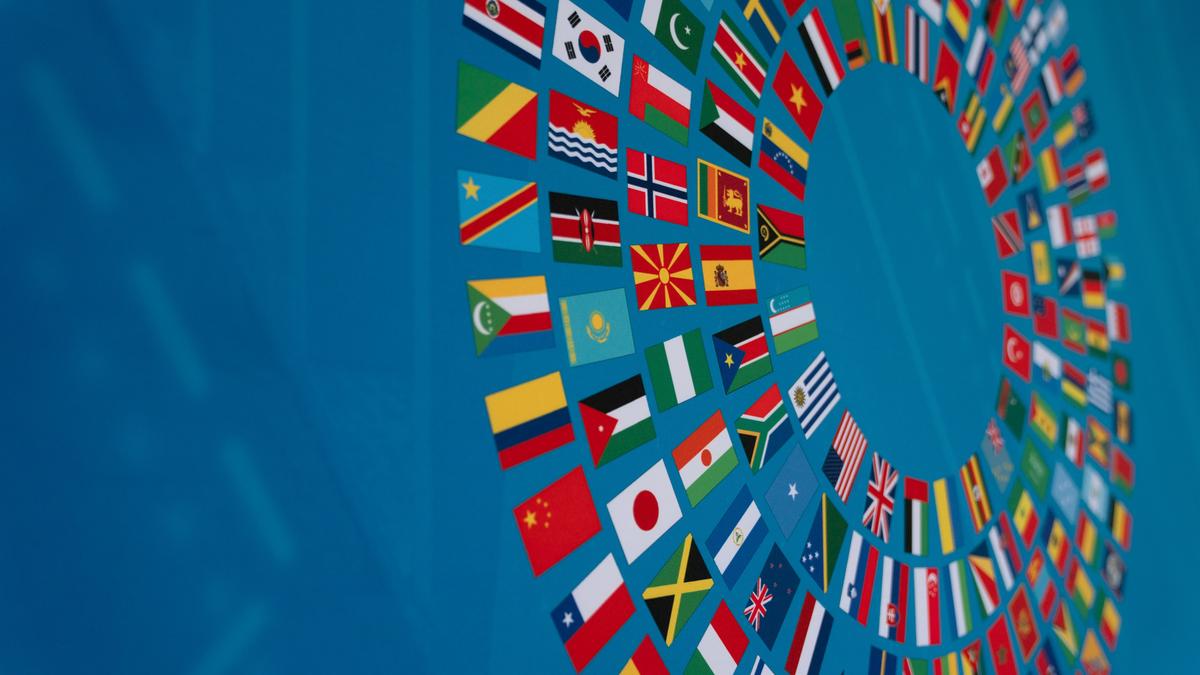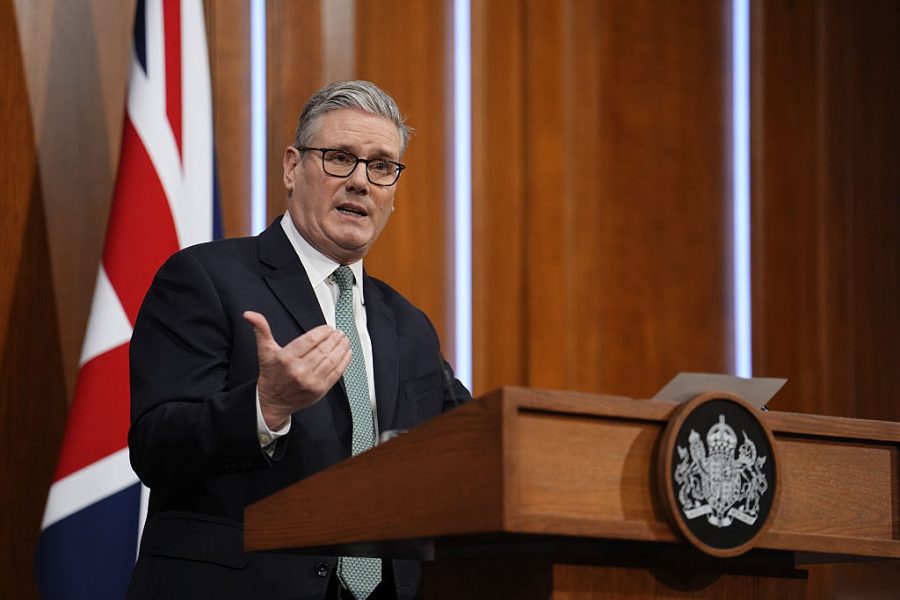
The Australian government has announced a decisive step towards banning deepfake applications that produce non-consensual nude images and videos of individuals. This initiative is part of a broader effort to regulate artificial intelligence technologies and safeguard individuals from potential harm.
The proposal, set forth by the Albanese government, aims to address the growing concerns surrounding privacy violations and the misuse of technology in creating misleading content. According to official sources, these deepfake applications can have severe implications for victims, leading to reputational damage and emotional distress.
Policy Details and Implications
The proposed ban on deepfake apps comes in the wake of increasing reports of their misuse. Australian Federal Police data indicates a rise in incidents involving deepfake technology, contributing to the urgency for legislative action. The government plans to introduce regulations that will not only target the apps but also impose penalties on individuals who create or distribute non-consensual content.
In July 2023, a report highlighted the alarming rate at which deepfake technology is evolving, making it increasingly difficult for individuals to discern between reality and manipulated media. The Albanese government’s initiative aims to protect citizens from being victimized by such advanced technological threats.
The implications of this policy extend beyond just the technology itself. It reflects a growing awareness of the ethical responsibilities associated with artificial intelligence. As the digital landscape evolves, the government recognizes the necessity of establishing a framework that accounts for both innovation and the protection of individual rights.
International Context and Future Steps
Australia’s move to ban deepfake apps is not an isolated effort. Other countries are also grappling with the challenges posed by deepfake technology. In the United States, discussions are underway regarding similar legislative measures. This global perspective underscores the importance of a coordinated approach to address the complexities of digital misinformation and privacy.
As the Albanese government prepares to implement these regulations, stakeholders from technology firms to civil rights organizations will likely play a critical role in shaping the final framework. Public consultations are expected to follow the initial proposal, allowing for a diverse range of viewpoints to be considered.
The Australian government’s commitment to combatting the misuse of artificial intelligence technologies represents a significant step towards ensuring a safer online environment for all citizens. As the discussion unfolds, the effectiveness of these regulations will be closely monitored, both domestically and internationally.






